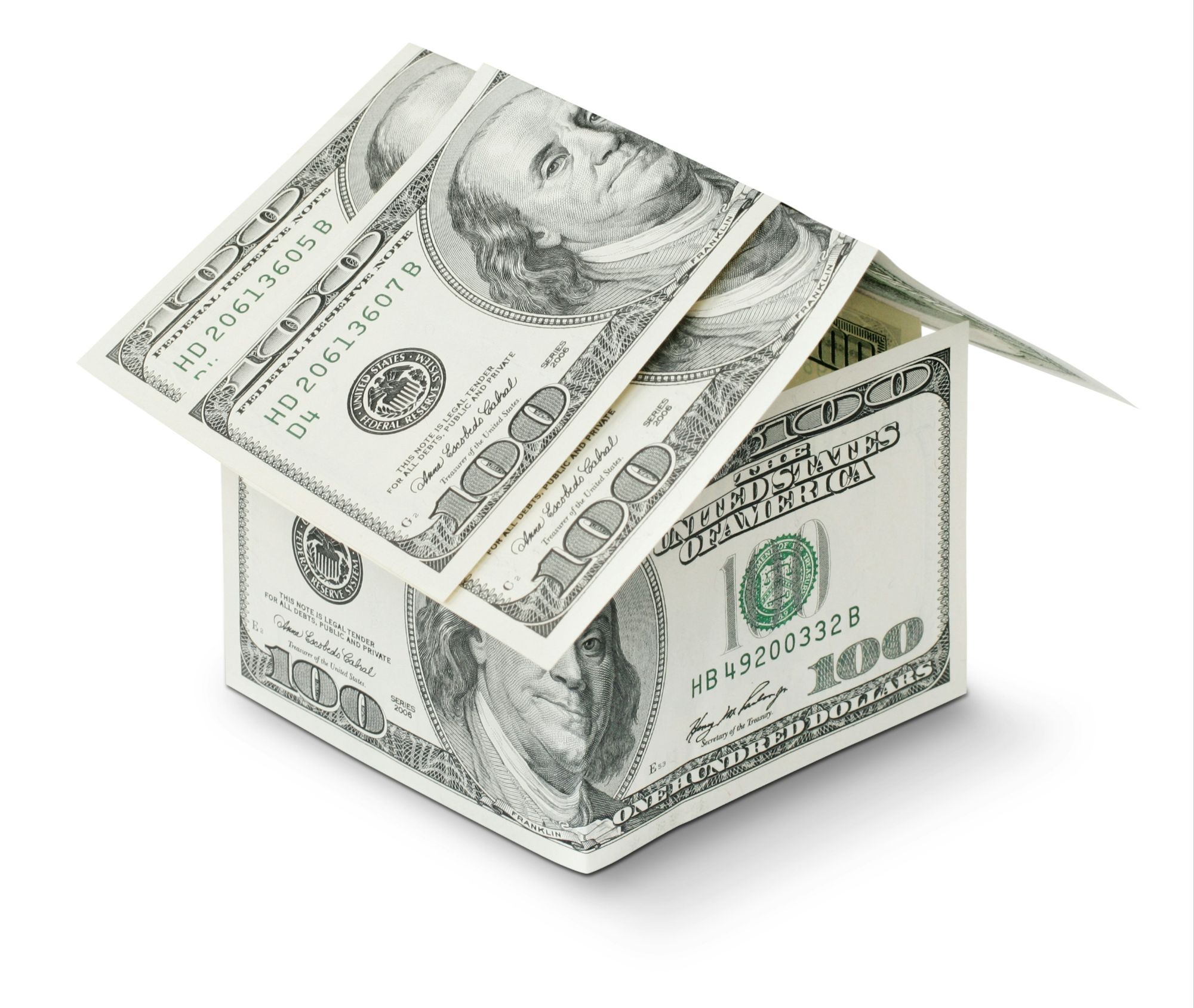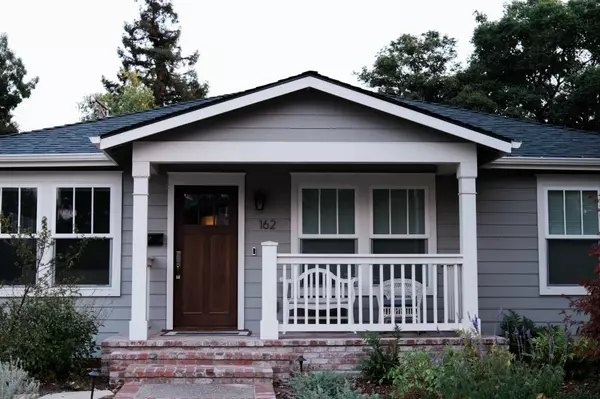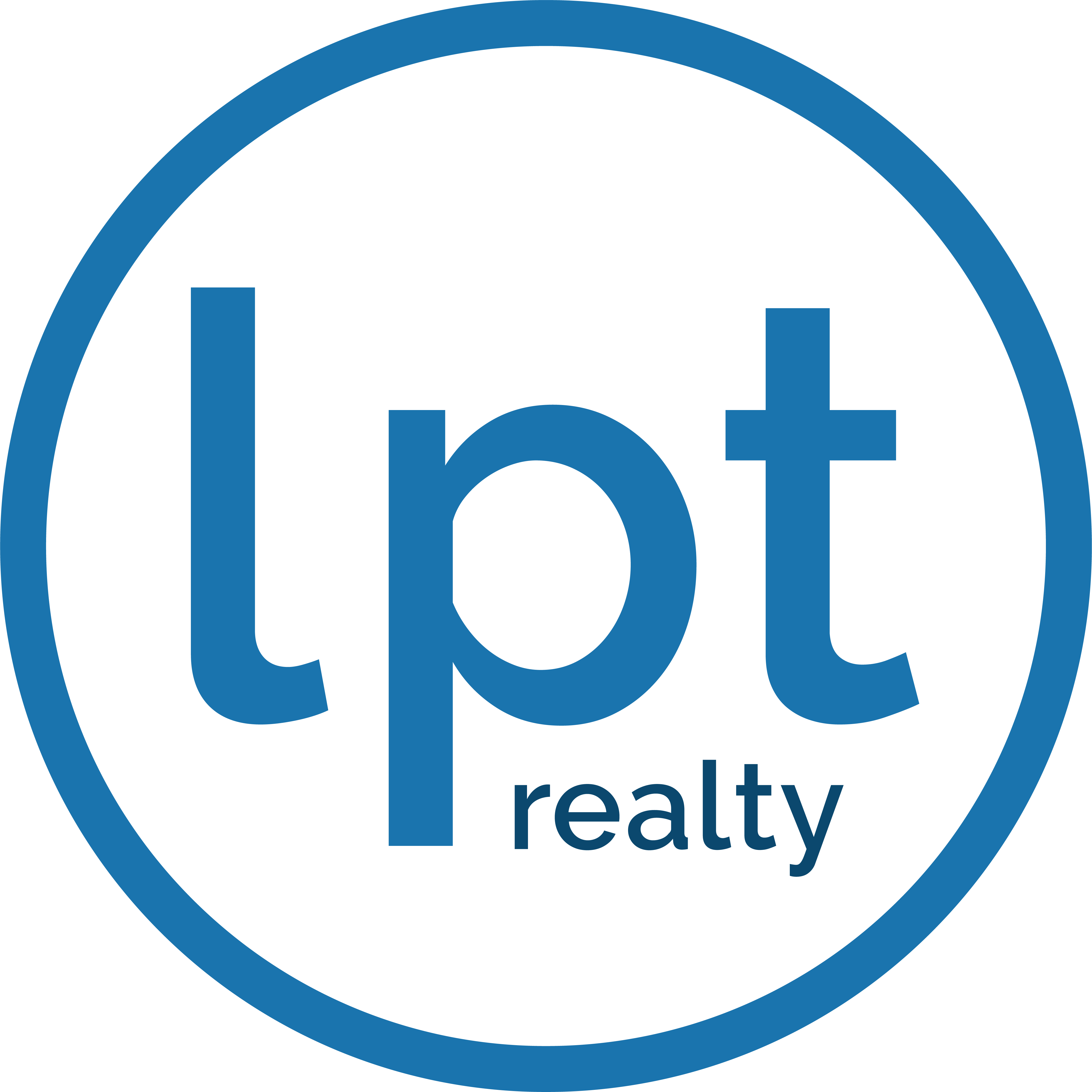How much house can a buyer(s) can afford to buy?


When it comes to purchasing a home, one of the most significant questions prospective buyers face is determining how much house they can afford. This decision is influenced by various factors, including income, debt levels, and the costs associated with homeownership. Understanding these elements can empower buyers to make informed decisions and find a home that fits their budget while meeting their needs.
Understanding Your Budget
Before diving into the real estate market, it’s essential for buyers to have a clear understanding of their financial situation. The first step is to evaluate your monthly income and expenses. Lenders typically recommend that your monthly housing costs should not exceed 28% to 30% of your gross monthly income. This percentage includes your mortgage payment, property taxes, homeowner’s insurance, and any applicable homeowners association (HOA) fees.
The Components of Homeownership Costs
1. Loan Principal: This is the amount you borrow from a lender to purchase your home. For instance, if you buy a house for $300,000 and put down 20%, your loan principal would be $240,000.
2. Calculated Interest: The interest rate on your mortgage determines how much you'll pay over the life of the loan. Higher interest rates lead to higher monthly payments and total costs over time. It’s vital for buyers to shop around for competitive mortgage rates and consider locking in a rate when favorable terms are available.
3. Property Taxes: Property taxes vary significantly by location and are based on the assessed value of your property. Buyers should research local tax rates and factor these into their monthly budget as they can add hundreds of dollars to a monthly mortgage payment.
4. Home Insurance: Homeowners insurance protects against damages to your property and liability claims. The cost varies based on location, home value, and coverage options but should be included in your overall housing cost calculations.
5. Mortgage Insurance (PMI): If you put down less than 20% of the home's purchase price, lenders often require private mortgage insurance (PMI). This additional cost protects the lender in case of default but adds to your monthly expenses.
6. HOA Fees: If you’re considering a property within a community governed by an HOA, be prepared for additional monthly or annual fees that cover maintenance of common areas and other amenities.
Calculating Your Monthly Payment
To get an accurate picture of what you can afford, use online mortgage calculators that allow you to input variables such as loan amount, interest rate, loan term (typically 30 years), property taxes, insurance costs, PMI, and HOA fees. This will give you an estimated monthly payment that reflects all costs associated with homeownership.
Assessing Neighborhoods
The neighborhood you choose can significantly impact both the price of homes and the overall cost of living in that area. Research neighborhoods thoroughly; factors such as school districts, crime rates, proximity to work or public transportation, local amenities (parks, shops), and future development plans can all affect both home prices and desirability.
Real estate news is also crucial when evaluating neighborhoods. Market trends indicating whether an area is appreciating or depreciating can help inform your decision on where to buy. If you're looking for investment potential or long-term stability in property values, understanding these trends will guide you toward making sound choices.
Getting Pre-Approved
Once you've calculated what you can afford based on these factors, it's wise to get pre-approved for a mortgage before starting your home search seriously. Pre-approval provides clarity on how much money lenders are willing to offer you based on your financial profile. It also strengthens your position when making offers since sellers often prefer buyers who have secured financing.
Conclusion
Determining how much house you can afford involves more than just looking at the purchase price; it requires careful consideration of all associated costs and personal financial circumstances. By understanding loan principals, calculated interest rates, property taxes, insurance costs (both homeowners and PMI), HOA fees, and neighborhood dynamics buyers can create a comprehensive budget that guides them toward finding their dream home without overextending financially.
In today’s fluctuating real estate market where prices may rise or fall staying informed about market conditions is vital for making sound investment decisions that align with both current needs and future goals. With diligent research and planning, potential homeowners can confidently navigate their way through the buying process toward successful homeownership.
Categories
Recent Posts











"Molly's job is to find and attract mastery-based agents to the office, protect the culture, and make sure everyone is happy! "
